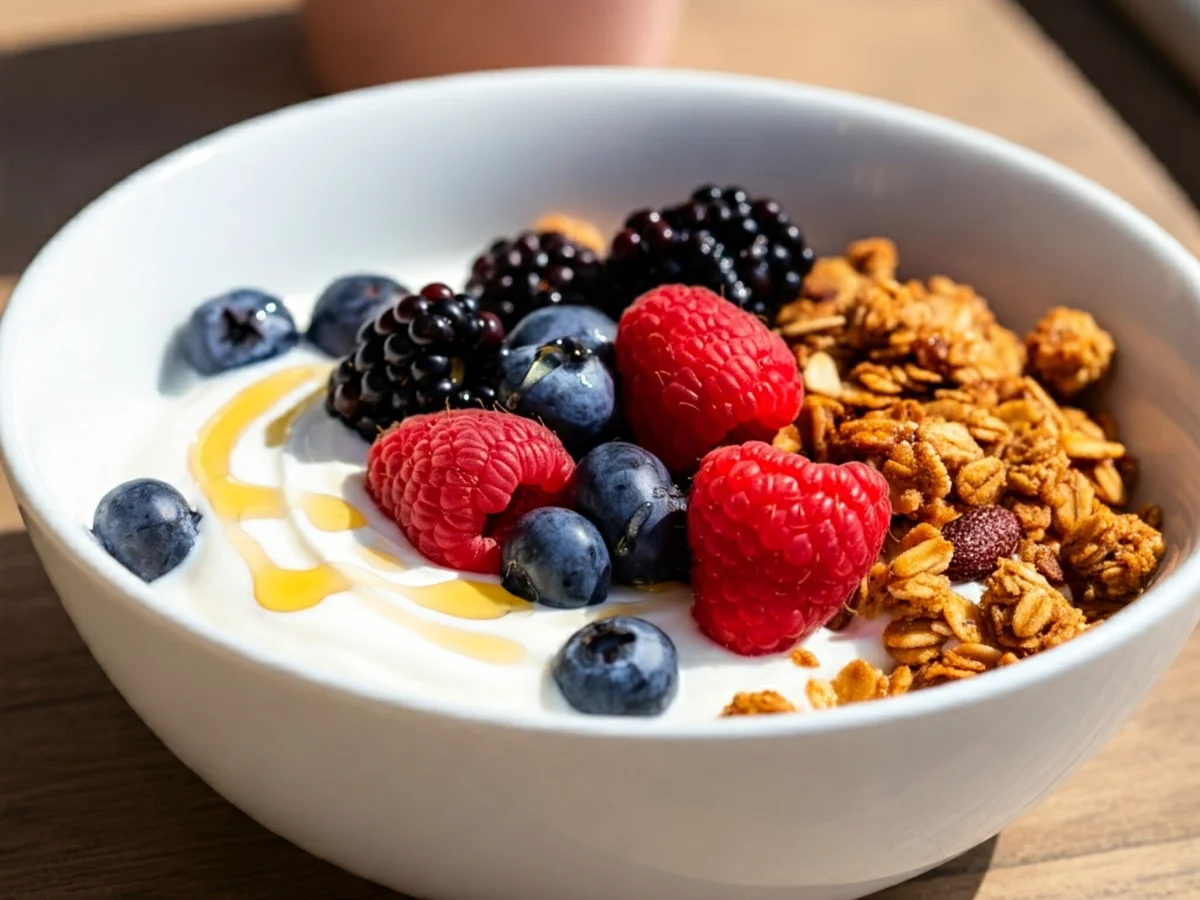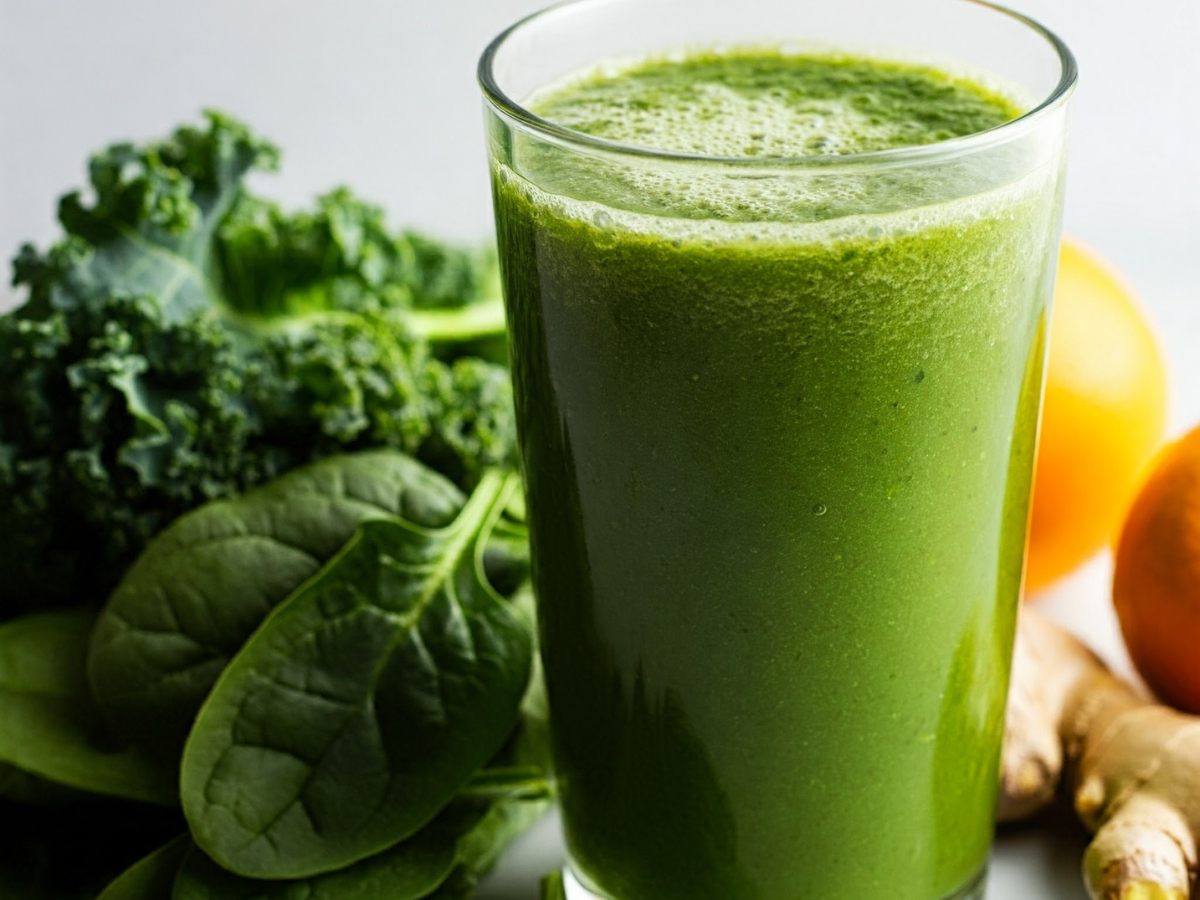10 Easy Gut Health Boosting Foods and Tips

Your gut is more than just a digestion hub—it’s home to trillions of bacteria that impact immunity, mood, and overall health. In fact, gut health plays a crucial role in maintaining your body’s equilibrium. If you’re struggling with bloating, sluggish digestion, or low energy levels, optimizing your gut health might be the answer. In this article, we’ll explore ten gut-friendly foods and essential tips to keep your digestive system happy and healthy.
1. Probiotic-Rich Yogurt
Yogurt contains live bacteria, known as probiotics, which restore the balance of beneficial gut flora. Incorporating yogurt into your diet can ease digestive issues like bloating and support regular bowel movements.
Tip: Choose unsweetened, plain yogurt for the most benefits. Add fresh fruits or honey if you prefer extra sweetness.
2. Fermented Foods for a Healthy Microbiome
Fermented foods like kimchi, sauerkraut, and kefir are loaded with beneficial bacteria. These foods promote a healthy gut microbiome by introducing a variety of microorganisms to your digestive system.
Tip: Start with small portions to allow your gut to adjust, as fermented foods can be potent.
3. Fiber-Packed Oats
Oats are a great source of soluble fiber, which feeds the good bacteria in your gut. A fiber-rich diet promotes smooth digestion, reduces constipation, and helps regulate blood sugar levels.
Tip: Enjoy oats with fruits and seeds for a well-rounded gut-boosting breakfast.
4. Leafy Greens for Prebiotics
Spinach, kale, and other leafy greens contain prebiotics—non-digestible fibers that feed the beneficial bacteria in your gut. These greens also provide essential vitamins like folate and iron.
Tip: Incorporate a variety of greens into salads, smoothies, or soups to ensure you get a diverse range of nutrients.
5. Bone Broth for Gut Lining Repair
Bone broth is rich in collagen, amino acids, and gelatin, which help heal and strengthen the gut lining. This can be especially beneficial for individuals with leaky gut syndrome or inflammatory gut conditions.
Tip: Sip on warm bone broth as a snack or add it to soups and stews for an easy gut-friendly boost.
6. Bananas to Promote Digestive Regularity
Bananas are gentle on the stomach and high in soluble fiber. They also contain resistant starch, which acts as a prebiotic, nourishing the good bacteria in your gut.
Tip: Combine bananas with yogurt for a quick, gut-friendly snack.
7. Garlic and Onions for Natural Prebiotics
Both garlic and onions are rich in inulin, a type of prebiotic fiber that feeds the beneficial gut bacteria. They also have natural antibacterial properties that can prevent harmful bacteria from thriving.
Tip: Use garlic and onions as a base for soups, stir-fries, or roasted vegetables for added gut health benefits.
8. Chia Seeds for Better Digestion
Chia seeds absorb water and expand, forming a gel-like consistency that aids digestion. This can help regulate bowel movements and keep your gut hydrated.
Tip: Add chia seeds to smoothies, yogurt, or overnight oats for an easy fiber boost.
9. Apples for Pectin Fiber
Apples contain pectin, a type of soluble fiber that acts as a prebiotic. Pectin encourages the growth of beneficial bacteria while reducing the growth of harmful microbes.
Tip: Enjoy apples with the skin on to maximize their fiber content.
10. Ginger to Soothe the Gut
Ginger has powerful anti-inflammatory and antioxidant properties. It helps stimulate digestion, reduce nausea, and alleviate bloating.
Tip: Make fresh ginger tea or add grated ginger to your meals for an easy gut-friendly addition.
5 Essential Tips for Better Gut Health
- Stay Hydrated: Drinking plenty of water is essential for smooth digestion and nutrient absorption.
- Eat Slowly: Chewing food thoroughly aids digestion and reduces bloating.
- Reduce Stress: Chronic stress can negatively impact gut health, so practice mindfulness or meditation.
- Avoid Excess Sugar: Too much sugar can feed harmful bacteria and disrupt your gut’s balance.
- Get Enough Sleep: A healthy sleep routine promotes a well-regulated digestive system.
FAQs about Gut Health
1. How long does it take to improve gut health?
Gut health improvements can be seen in as little as a few weeks with consistent dietary and lifestyle changes.
2. Are probiotic supplements necessary?
While probiotic supplements can help, incorporating natural sources of probiotics, like yogurt and fermented foods, is often sufficient for most people.
3. Can poor gut health affect mental health?
Yes! The gut and brain are connected through the gut-brain axis. An imbalance in gut bacteria can contribute to mood disorders such as anxiety and depression.
4. What are signs of an unhealthy gut?
Common signs include bloating, constipation, diarrhea, acid reflux, and frequent infections.
5. Is fasting good for gut health?
Intermittent fasting can give your gut a break, allowing time for digestion and improving gut bacteria diversity.
Conclusion
Maintaining good gut health is key to overall well-being, impacting everything from digestion to mental clarity. By including probiotic-rich foods like yogurt and fermented vegetables, along with prebiotic fibers from leafy greens and oats, you can nourish your gut naturally. Simple lifestyle adjustments—like staying hydrated, managing stress, and eating mindfully—can further enhance your digestive health. Begin your journey to a healthier gut today by incorporating these easy tips and foods into your daily routine!
